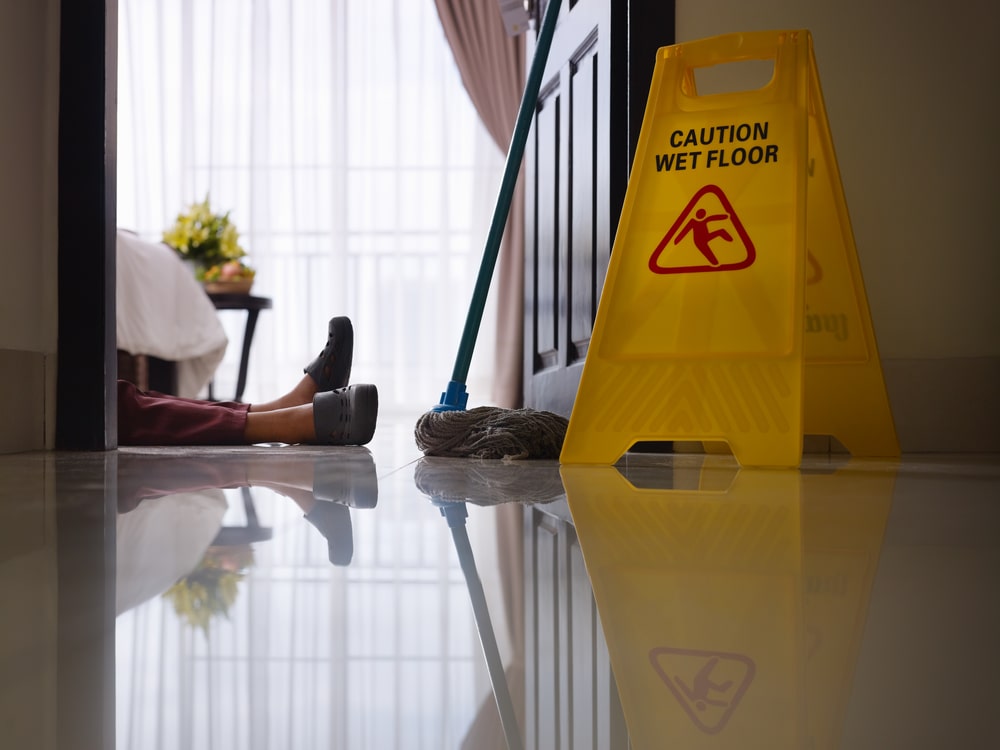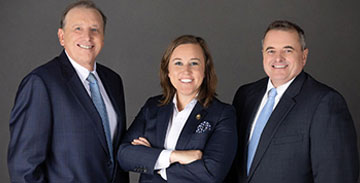Accidents in public or private spaces can lead to significant disruptions in one’s life. Particularly, mishaps such as slipping and falling are not only physically debilitating but also carry profound legal implications. It’s crucial for individuals to understand the legal landscape surrounding these incidents, as the consequences can affect compensation, liability, and future preventive measures.
Understanding Liability And Negligence
When an individual experiences a fall due to unsafe conditions on someone else’s property, the concept of negligence often comes into play. Property owners, whether public entities or private individuals have a legal obligation to ensure their premises are reasonably safe for visitors. Failure to maintain safe conditions or to warn of potential hazards can render the property owner liable for any resulting injuries.
The determination of negligence hinges on several factors. For example, whether the property owner was aware of the hazardous condition and whether they took adequate steps to mitigate the risk. Additionally, the behavior of the injured party at the time of the accident is scrutinized. Were they exercising reasonable caution, or did their own carelessness contribute to the incident?
The Process Of Filing A Claim
Initiating a legal claim following a slip and fall incident involves several steps, starting with the collection of evidence. Photographs of the scene, witness statements, and medical reports detailing the injuries are crucial. This documentation supports the claim by establishing the severity of the injury and the presence of hazardous conditions.
Seeking legal advice early in the process is invaluable. A slip and fall lawyer can offer guidance on the viability of a claim, the potential for compensation, and the strategies for navigating the legal system. Skilled attorneys like those at Hurwitz, Whitcher & Molloy play a pivotal role in negotiating with insurance companies, who often seek to minimize payouts.
Compensation And Recovery
Compensation in slip and fall cases can cover a range of damages. Medical expenses, both immediate and long-term, are typically at the forefront. However, compensation can also encompass lost wages, pain and suffering, and, in some cases, punitive damages intended to penalize particularly negligent behavior.
The specifics of compensation depend heavily on the jurisdiction and the circumstances of the incident. Some regions operate under comparative negligence laws, where the compensation amount may be reduced by the percentage of fault attributed to the injured party.
Preventive Measures And Legal Reforms
Beyond individual cases, slip-and-fall incidents have broader implications for legal and regulatory frameworks. These accidents often prompt discussions about building codes, safety regulations, and the responsibilities of property owners. Legal outcomes can lead to stricter enforcement of safety standards and inspire property owners to proactively address hazards.
Moreover, public awareness campaigns and educational initiatives can stem from high-profile cases, highlighting the importance of safety in public and private spaces. These efforts contribute to a culture of prevention, aiming to reduce the frequency of such accidents.
The Role Of Legal Professionals
For those navigating the aftermath of a slip and fall injury, partnering with a knowledgeable legal professional is crucial. An experienced attorney not only advocates on behalf of the injured party but also provides a deep understanding of the legal intricacies involved. Their expertise ensures that victims receive fair compensation and that their rights are vigorously defended throughout the legal process.
The legal implications of slip and fall injuries are multifaceted, involving considerations of liability, negligence, and compensation. These incidents underscore the importance of maintaining safe environments and the significant role of legal professionals in guiding victims through the recovery process. Contact a slip and fall lawyer today to schedule a risk-free consultation.



